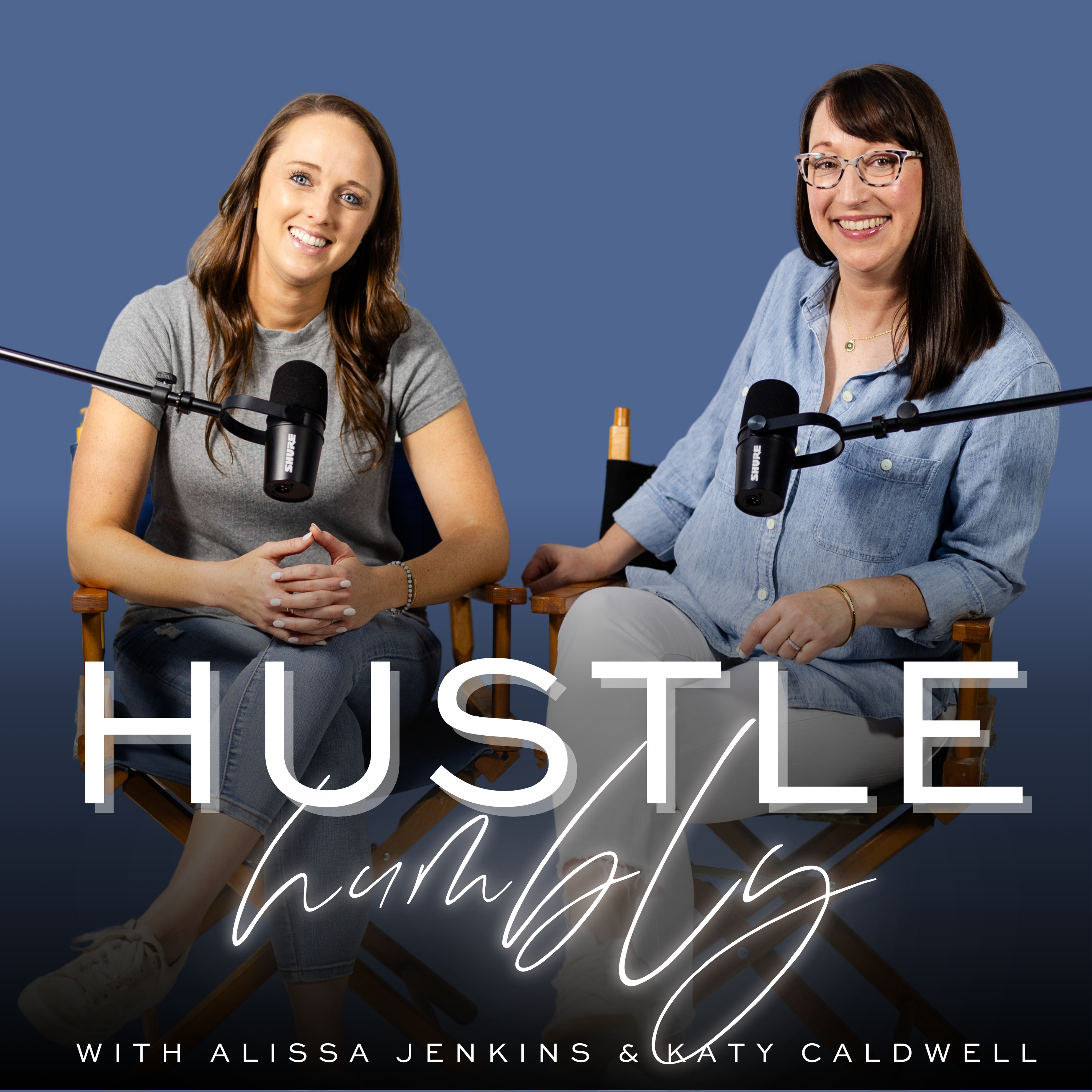How to Restart Your Career with Jason Tartick
Are you thinking about making a career change? In this episode, we dive into how to restart your career with insights from Jason Tartick. Jason shares his journey from corporate banking to reality TV and ultimately becoming an entrepreneur. His story highlights the importance of planning, financial literacy, and strategic career moves.
From Corporate Banking to Entrepreneurship
Jason spent nearly a decade in corporate banking, working his way up through promotions before realizing he was burned out. He took a leap of faith by joining The Bachelorette, a move that changed his life. After briefly returning to banking, he faced a choice: stay in his stable career or pursue new opportunities. He chose the latter and founded Restart, a company dedicated to helping others navigate career transitions.
The Financial Strategy Behind a Career Shift
Restarting your career requires financial planning. Jason emphasizes the importance of having a financial runway before making the leap. While still employed, he built his side business, ensuring a smooth transition. He advises others to take a strategic approach—budget wisely, build savings, and maintain discipline. His financial insights, including how to manage debt and track spending habits, provide actionable steps for anyone considering a career change.
Building a Business with Consistency and Discipline
Whether transitioning to real estate, entrepreneurship, or another field, Jason stresses the importance of consistency and discipline. Success doesn’t happen overnight, and those who thrive in new careers maintain daily habits that drive progress. He discusses how small, daily efforts compound into long-term success, drawing parallels between his banking career and entrepreneurial journey.
Navigating the Challenges of Career Change
Jason shares how imposter syndrome and comparison can hinder progress. He explains why it’s crucial to focus on personal strengths rather than trying to fit into someone else’s mold. His advice? Lean into what makes you unique, continuously learn, and embrace opportunities that push you out of your comfort zone.
Lessons from Industry Experts
As the host of Trading Secrets, Jason interviews high-level professionals about their financial and career journeys. He shares insights from notable guests, including how top entrepreneurs, investors, and real estate professionals manage their careers and finances. His experiences and expert interviews provide practical guidance for anyone looking to restart their career.
Key Takeaways for Career Transitions
-
Create a financial buffer before making a major career shift.
-
Consistency and discipline are key to building long-term success.
-
Identify your strengths and use them as a differentiator in your field.
-
Surround yourself with a strong support system to stay grounded.
-
Be proactive about learning and adapting to industry changes.
If you’re considering how to restart your career, this episode offers valuable insights and actionable steps. Tune in to learn from Jason’s journey and discover strategies to make your own transition successful.
ratethispodcast.com/hustlehumbly
